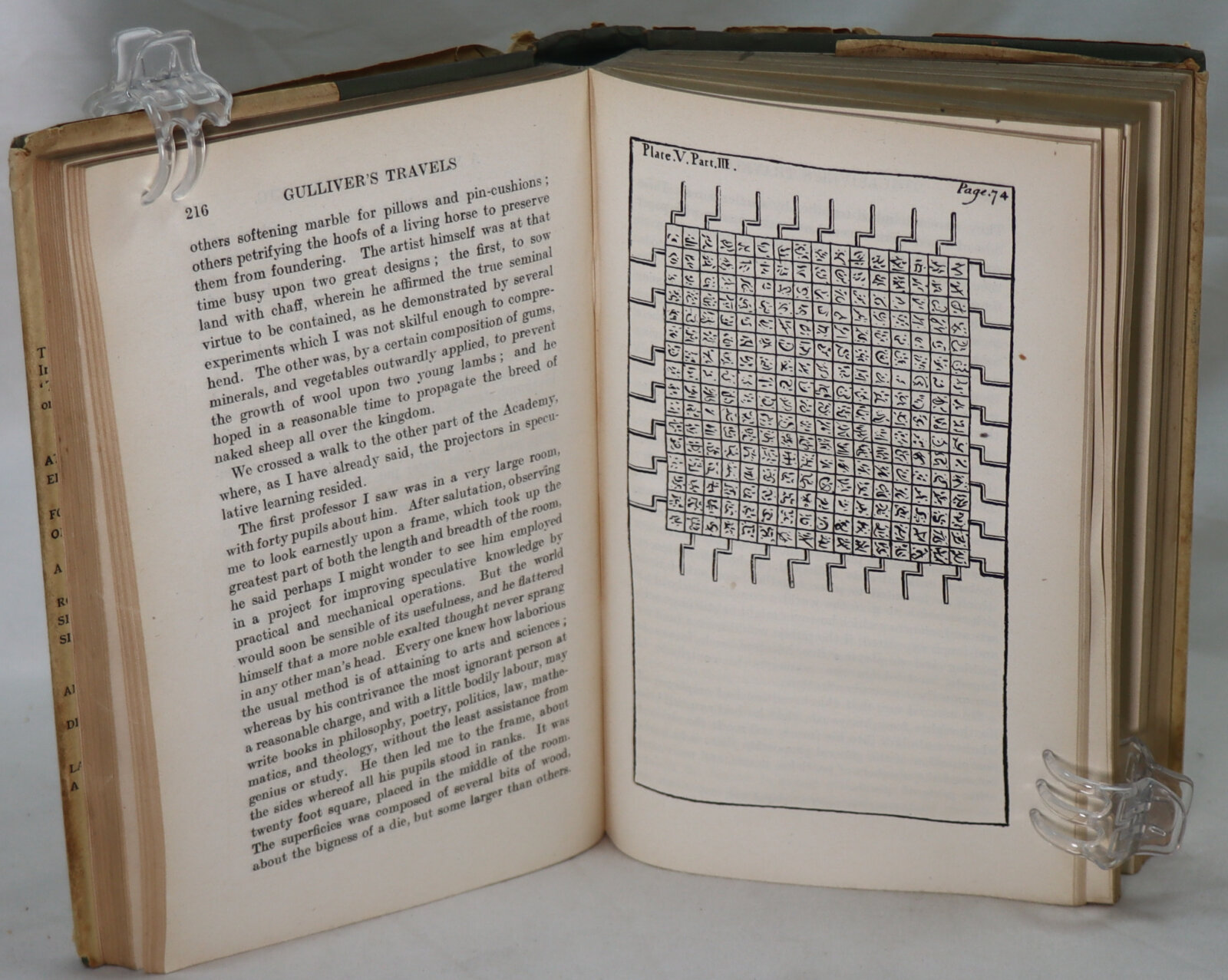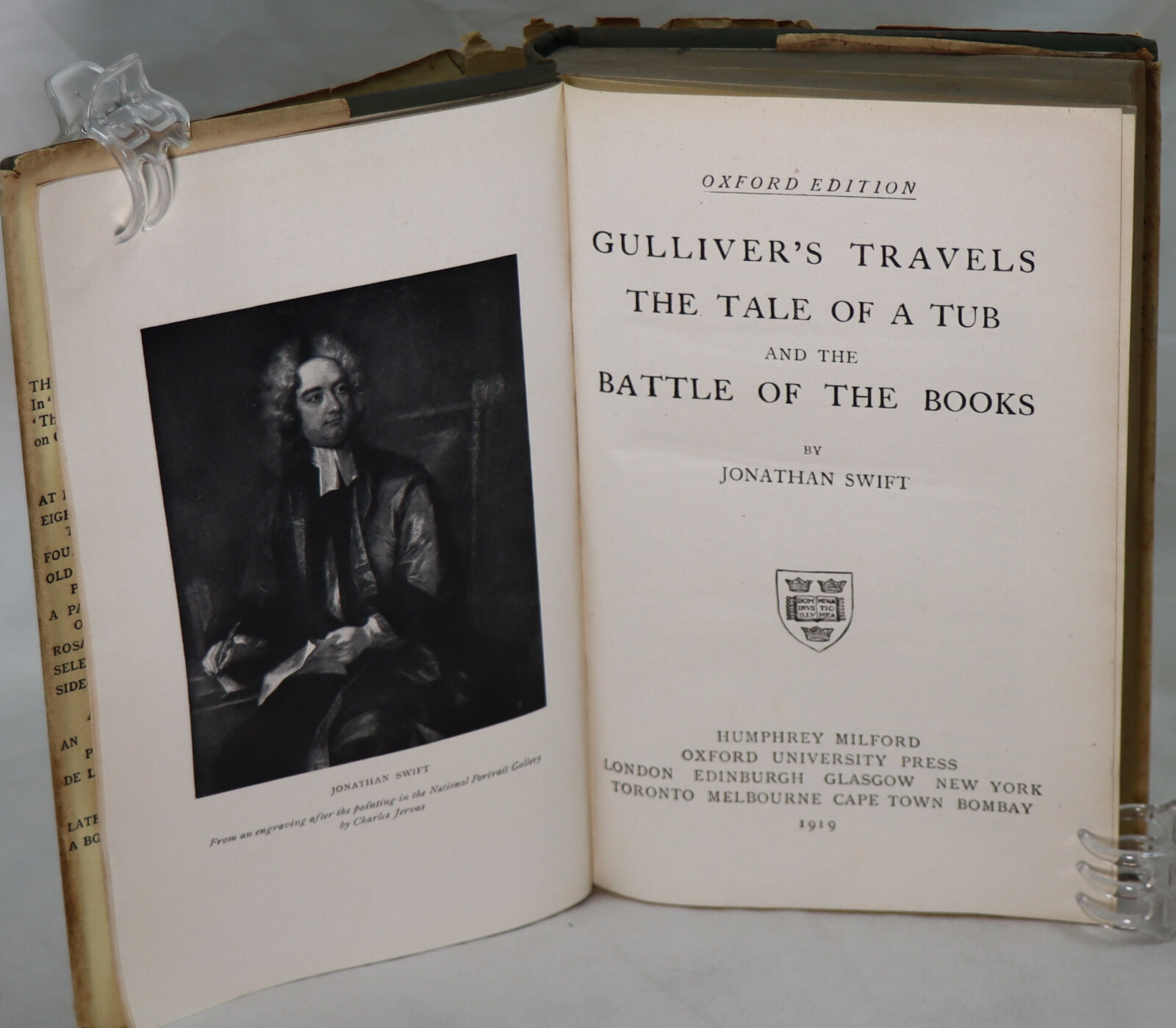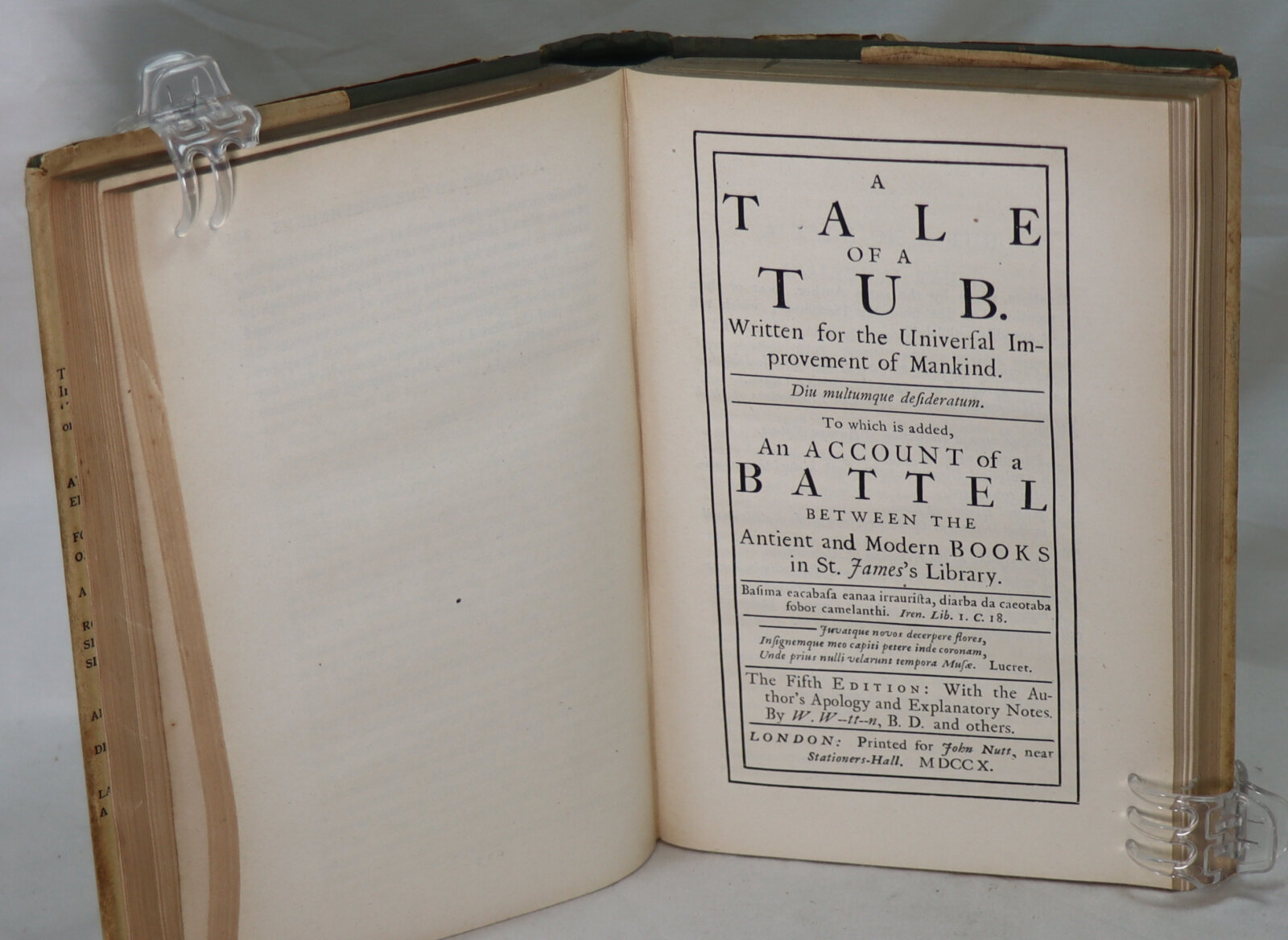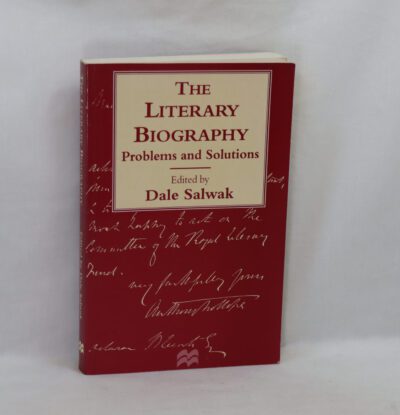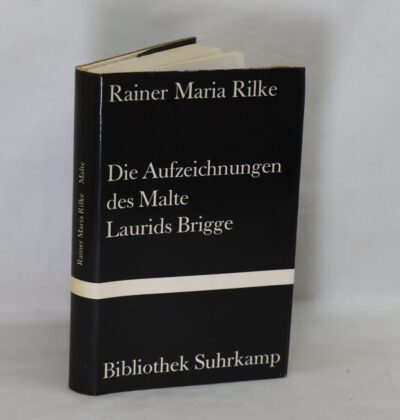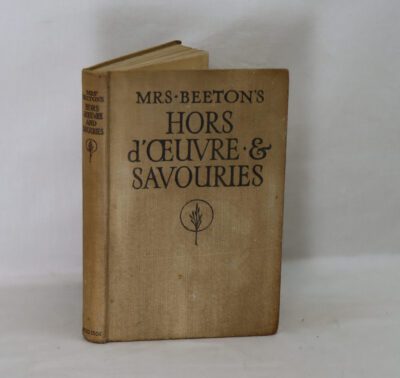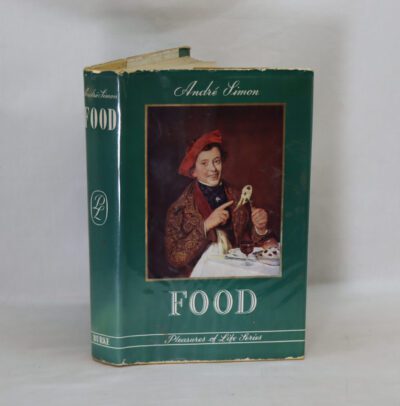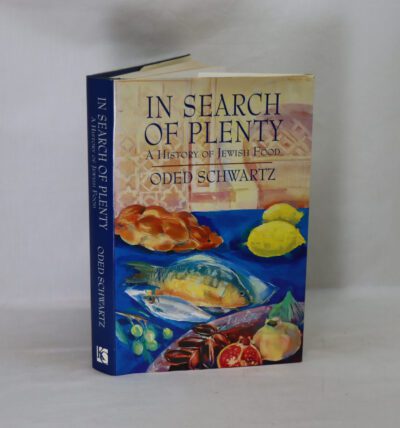Gulliver's Travels.
By Jonathan Swift
Printed: 1919
Publisher: Oxford University Press. London
Edition: Oxford edition
| Dimensions | 13 × 19 × 3 cm |
|---|---|
| Language |
Language: English
Size (cminches): 13 x 19 x 3
Condition: Fine (See explanation of ratings)
Item information
Description
In the original dustsheet. Green cloth binding with gilt title on the spine.
-
F.B.A. provides an in-depth photographic presentation of this item to stimulate your feeling and touch. More traditional book descriptions are immediately available.
-
A Tale of a Tub: The Battle of the Books
-
Note: This book carries the £5.00 discount to those that subscribe to the F.B.A. mailing list.
A very clean and rare example of an early Oxford compilation of Swift’s work.
Gulliver’s Travels, or Travels into Several Remote Nations of the World. In Four Parts. By Lemuel Gulliver, First a Surgeon, and then a Captain of Several Ships is a 1726 prose satire by the Anglo-Irish writer and clergyman Jonathan Swift, satirising both human nature and the “travellers’ tales” literary subgenre. It is Swift’s best-known full-length work and a classic of English literature. Swift claimed that he wrote Gulliver’s Travels “to vex the world rather than divert it”.
The book was an immediate success. The English dramatist John Gay remarked, “It is universally read, from the cabinet council to the nursery.’
In 2015, Robert McCrum released his selection list of the 100 best novels of all time, where he called Gulliver’s Travels “a satirical masterpiece”.
A Tale of a Tub was the first major work written by Jonathan Swift, composed between 1694 and 1697 and published in 1704. It is arguably his most difficult satire, yet considered by some to be his best. The Tale is a prose parody divided into sections of “digression” and a “tale” of three brothers, each representing one of the main branches of western Christianity. A satire on the Roman Catholic and Anglican churches and English Dissenters, it was famously attacked for its profanity and irreligion, starting with William Wotton, who wrote that it made a game of “God and Religion, Truth and Moral Honesty, Learning and Industry” to show “at the bottom [the author’s] contemptible Opinion of every Thing which is called Christianity.” The work continued to be regarded as an attack on religion well into the nineteenth century. One commentator complained that Swift must be “a compulsive cruiser of Dunghils … Ditches, and Common-Shores with a great Affectation [sic] for every thing that is nasty. When he spies any Objects that another Person would avoid looking on, that he Embraces.”
The Tale was enormously popular, presenting both a satire of religious excess and a parody of contemporary writing in literature, politics, theology, Biblical exegesis, and medicine through its comically excessive front matter and series of digressions throughout. The overarching parody is of enthusiasm, pride, and credulity. At the time it was written, politics and religion were still closely linked in England, and the religious and political aspects of the satire can often hardly be separated. “The work made Swift notorious, and was widely misunderstood, especially by Queen Anne herself who mistook its purpose for profanity.” It “effectively disbarred its author from proper preference” in the Church of England, but is considered one of Swift’s best allegories, even by himself.
“The Battle of the Books” is a short satire written by Jonathan Swift and published as part of the prolegomena to his A Tale of a Tub in 1704. It depicts a literal battle between books in the King’s Library (housed in St James’s Palace at the time of the writing), as ideas and authors struggle for supremacy. Because of the satire, “The Battle of the Books” has become a term for the Quarrel of the Ancients and the Moderns. It is one of his earliest well-known works.
Jonathan Swift (30 November 1667 – 19 October 1745) was an Anglo-Irish satirist, author, essayist, political pamphleteer (first for the Whigs, then for the Tories), poet, and Anglican cleric who became Dean of St Patrick’s Cathedral, Dublin, hence his common sobriquet, “Dean Swift”.
Swift is remembered for works such as A Tale of a Tub (1704), An Argument Against Abolishing Christianity (1712), Gulliver’s Travels (1726), and A Modest Proposal (1729). He is regarded by the Encyclopædia Britannica as the foremost prose satirist in the English language. He originally published all of his works under pseudonyms—such as Lemuel Gulliver, Isaac Bickerstaff, M. B. Drapier—or anonymously. He was a master of two styles of satire, the Horatian and Juvenalian styles.
His deadpan, ironic writing style, particularly in A Modest Proposal, has led to such satire being subsequently termed “Swiftian”.
Condition notes
Want to know more about this item?
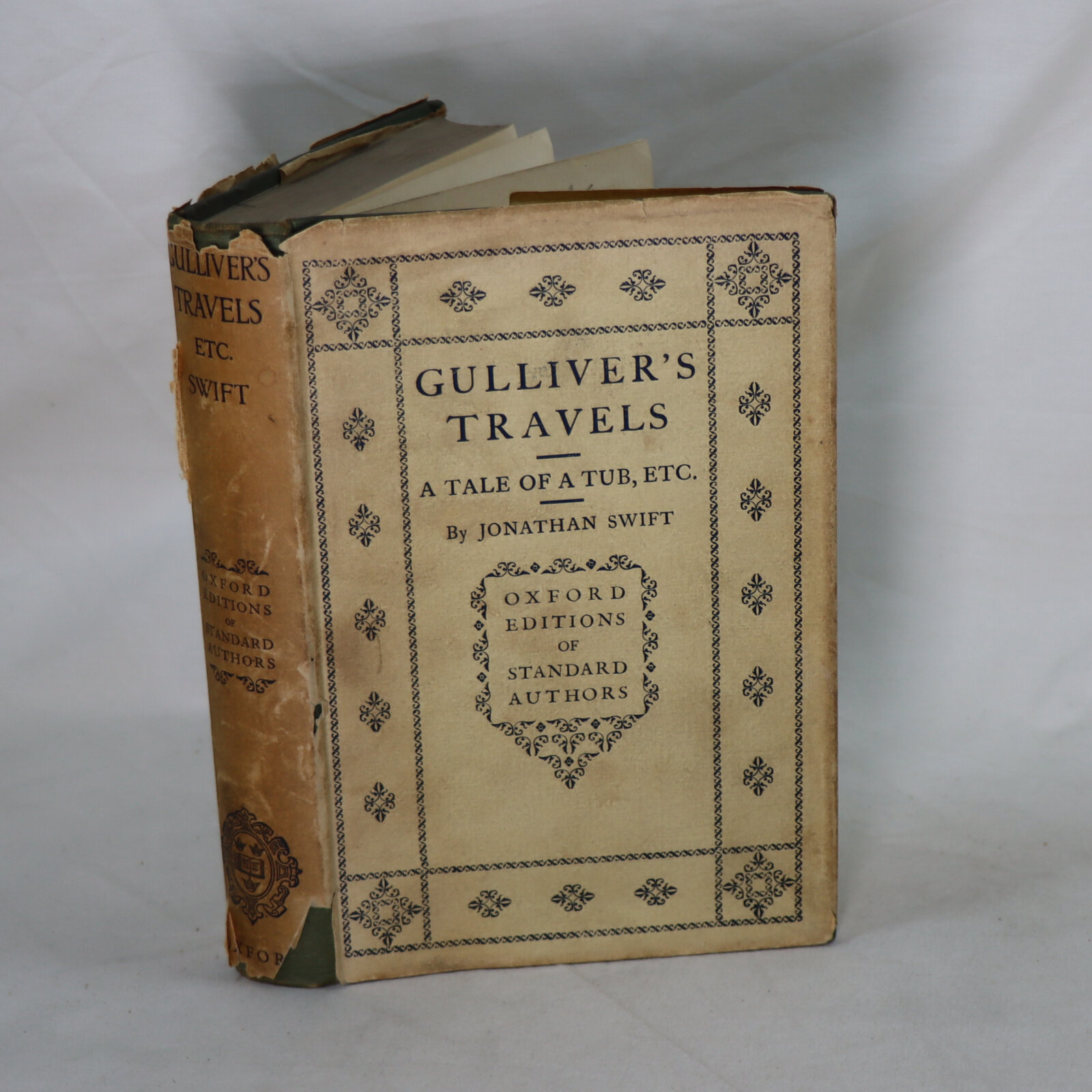
Related products
Share this Page with a friend

